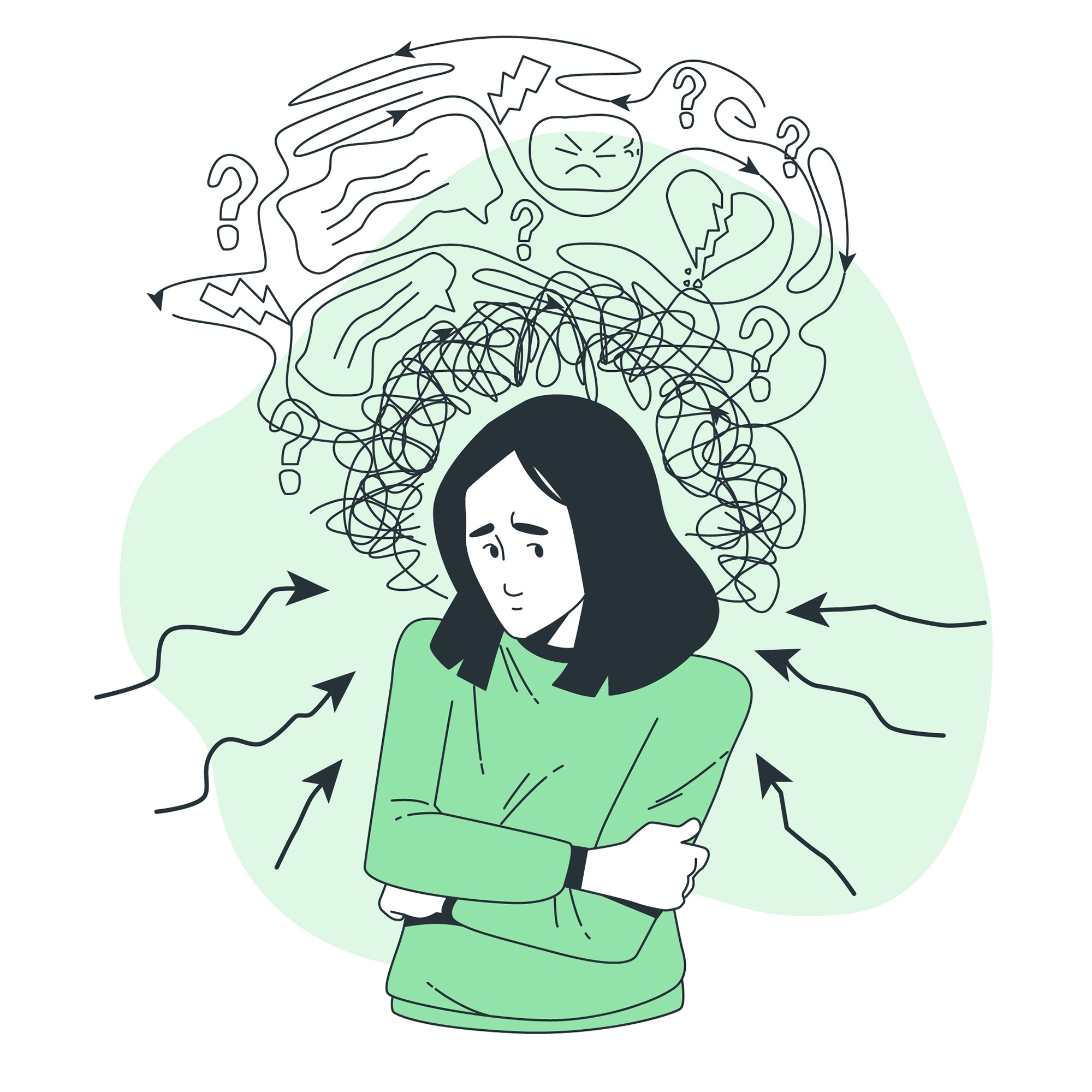Dealing with Triggers: Effective Strategies
What Are Emotional Triggers, and How Can a Counseling Psychologist Help?
Emotional triggers are stimuli that provoke intense emotional reactions, often tied to past experiences. These reactions can be overwhelming and disruptive, affecting your relationships, work, and overall mental well-being. Understanding your triggers and learning how to manage them is a crucial part of emotional health. A counseling psychologist offers professional support to help you recognize and deal with these triggers in a healthy way. In this article, we explore how a psychologist can help you manage triggers, offering practical techniques and therapeutic insights.
What Are Emotional Triggers?
Emotional triggers are specific events, memories, or situations that evoke a strong emotional response, often linked to unresolved trauma or stress. These responses can be emotional, physical, or psychological. For instance, a stressful work situation may trigger feelings of inadequacy, or a certain sound may bring up memories of a past traumatic event. A counseling psychologist is skilled in helping you understand the roots of these emotional reactions, providing you with the tools to respond more constructively.
How Triggers Affect Your Mental Health
When left unchecked, emotional triggers can lead to chronic stress, anxiety, or even depression. They can disrupt your daily routine, cause conflict in relationships, and make it difficult to concentrate at work or school. A counseling psychologist helps you not only recognize your triggers but also understand how they affect your mental health. Through therapy, you can begin to break the cycle of reactive emotions, gaining greater control over how you respond to these stimuli.
The Role of a Counseling Psychologist in Identifying Triggers
Identifying triggers is often the first step in managing them. However, it can be challenging to recognize your own triggers without professional guidance. A counseling psychologist can help by using therapeutic methods like Cognitive Behavioral Therapy (CBT), mindfulness practices, and trauma-informed approaches to help you pinpoint the specific experiences or thoughts that set off emotional reactions.
Strategies to Cope with Triggers
Once your triggers have been identified, a counseling psychologist will work with you to develop coping strategies. These strategies may include deep breathing techniques, mindfulness exercises, or cognitive restructuring to help you reframe your thoughts. By using these tools, you can begin to regulate your emotions and reduce the impact of triggers on your daily life.
The Importance of Grounding Techniques
Grounding techniques are one of the most effective ways to manage emotional triggers. These techniques involve bringing your focus to the present moment, helping you stay calm and centered when faced with a trigger. A counseling psychologist can teach you grounding exercises that will help you regain control in stressful situations. Techniques like deep breathing, focusing on sensory details, or using a grounding object can prevent a triggered response from escalating.
Cognitive Behavioral Therapy for Triggers
Cognitive Behavioral Therapy (CBT) is a highly effective approach for dealing with triggers. CBT helps you change the negative thought patterns that often accompany emotional triggers, enabling you to respond more thoughtfully rather than reactively. A counseling psychologist may use CBT techniques to help you challenge distorted thinking, reframe your thoughts, and reduce the emotional intensity of triggers.
Building Emotional Resilience
Resilience is key to managing emotional triggers. By building emotional resilience, you can strengthen your ability to handle stressful situations without being overwhelmed by triggered reactions. A counseling psychologist helps you build this resilience by teaching you coping mechanisms and helping you understand the connection between your thoughts, emotions, and behaviors. With time and practice, you’ll be better equipped to handle life’s emotional challenges.
Managing Triggers in Relationships
Triggers can also significantly affect your relationships, often leading to misunderstandings, arguments, or emotional withdrawal. A counseling psychologist can help you navigate these challenges by teaching you how to communicate your needs effectively and manage your emotional responses during conflicts. By working together, you can reduce the impact of triggers on your relationships and improve emotional intimacy.

Long-Term Benefits of Managing Triggers
Dealing with triggers effectively offers long-term benefits for your mental health. You may experience reduced anxiety, improved relationships, and a greater sense of emotional stability. With the help of a counseling psychologist, you can develop the skills necessary to manage emotional triggers, leading to a healthier, more balanced life.
How to Prepare for Triggering Situations
Preparation is essential when dealing with situations that you know may trigger an emotional response. A counseling psychologist will help you develop a plan for managing triggers in advance. This plan may include relaxation techniques, setting boundaries, or practicing assertive communication to protect your emotional well-being in triggering situations.
Seeking Help from a Counseling Psychologist
If emotional triggers are affecting your daily life, seeking help from a counseling psychologist can be a transformative step. A counseling psychologist is trained to help you navigate your emotional reactions and provide the support you need to manage them effectively. By seeking professional help, you can regain control over your emotions and improve your overall quality of life.
The Importance of a Support System
In addition to working with a counseling psychologist, having a support system is essential for managing triggers. Friends, family, or support groups can provide encouragement and help you stay accountable as you work through emotional challenges. A counseling psychologist can also help you build a stronger support system by facilitating communication and understanding within your relationships.
Personalized Therapy for Dealing with Triggers with a Counseling Psychologist in Benoni
Everyone’s triggers are unique, which is why personalized therapy is so important. A counseling psychologist will work with you to create a tailored treatment plan based on your individual needs and experiences. This customized approach ensures that you receive the most effective care for managing your emotional triggers and achieving emotional stability.
Taking the First Step with a Counseling Psychologist
If you’re ready to address your emotional triggers and regain control of your life, a counseling psychologist can help. At Benoni Counseling Services, we offer compassionate and professional support to help you navigate these challenges. Contact us today to schedule a consultation and start your journey toward emotional well-being.

